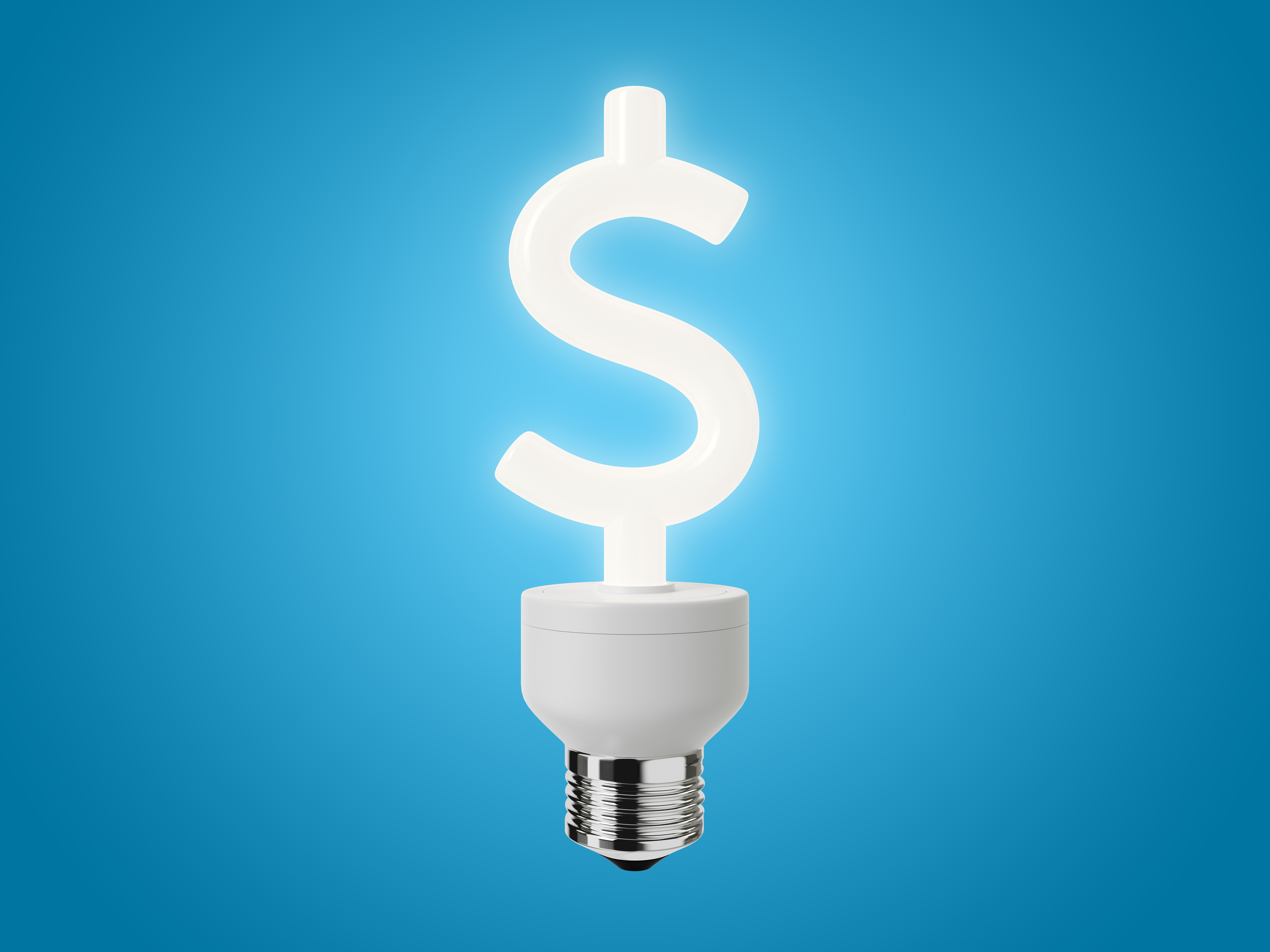Low Rate of Initial Production of a modular EV charger with extreme-fast vehicle charging capability
ElectricFish Energy Inc.
Recipient
San Carlos, CA
Recipient Location
21st
Senate District
13th
Assembly District
$616,241
Amount Spent
Active
Project Status
$1,690,103
Award Amount
$2,050,000
Co-funded Amount
EPC-22-015
Agreement Number
-
Project Term
Fremont, CA
Site Location(s)
Copy Project Link
Follow Project
Project Update
In 2023, ElectricFish kicked off the project by hiring personnel and scoping requirements for the low-rate initial production (LRIP) manufacturing facility.
In 2024, ElectricFish secured its LRIP facility and manufactured its first commercial-scale system for customer delivery in Q4 2024.
In 2025, ElectricFish anticipates accelerating its assembly and integration time by 4X.
The Issue
Typical deployment of extreme fast vehicle charging requires up to 2 years and $100k+ due to sites lacking grid infrastructure compatible with the requirements for Direct Current (DC) Fast Charging. Once installed, chargers fluctuate in their utilization and can incur high peak costs from stressing the grid. These issues pose impediments for the mass adoption of electric vehicles. Vehicle electrification continues to lead as a critical pathway to decarbonizing the planet. However, slow deployment, grid impacts, and economics of charging infrastructure remain key issues that need to be addressed.
Project Innovation
The project goal is to reach Low Rate of Initial Production (LRIP) volumes of the recipient's battery-integrated EV charging system comprising electrochemical storage, proprietary power electronics design, grid intertie, and extreme-fast Electric Vehicle charging, in the state of California through this grant. These modules save 100k+ in installation costs and years in installation time compared to traditional fast chargers. The modules charge during high renewable energy generation periods of the day, and the stored energy is used to charge electric vehicles while avoiding use of the grid during peak times. The energy storage systems will also offer microgrid resiliency and bi-directional ancillary grid services.
Project Goals
Project Benefits
This Agreement will result in the ratepayer benefit of greater electrical reliability, lower costs of electricity, and increased safety, and overcome barriers to achieving the state's statutory energy goals. The production of Electric Vehicle Service Equipment (EVSE) locally will help reduce reliance on off-the-shore components and imports of this novel technology, and enhance in-state capabilities of rapid and cheaper manufacturing of EV charging stations. When deployed, the recipient’s distributed energy storage network innovation will accelerate access to clean, energy-resilient resources for disadvantaged and low-income communities.

Reliability
The agreement addresses the goal of greater electricity reliability by increasing local hosting capacity of the electricity grid through a bidirectional electrical connection, and peak shaving the EV charging load, through the production and deployment of this patented hardware.

Affordability
The deployments will lower costs of charging electricity for transportation and decrease cost of domestic electricity by offsetting the gap between consumption and renewable generation through electrochemical storage.
Key Project Members

Vincent Wong
Subrecipients

Electric Power Research Institute, Inc.

DEKRA Certification, Inc.

ChargerHelp!

Manex

Match Partners

Electric Power Research Institute, Inc.

ElectricFish Energy Inc.

kineo finance




